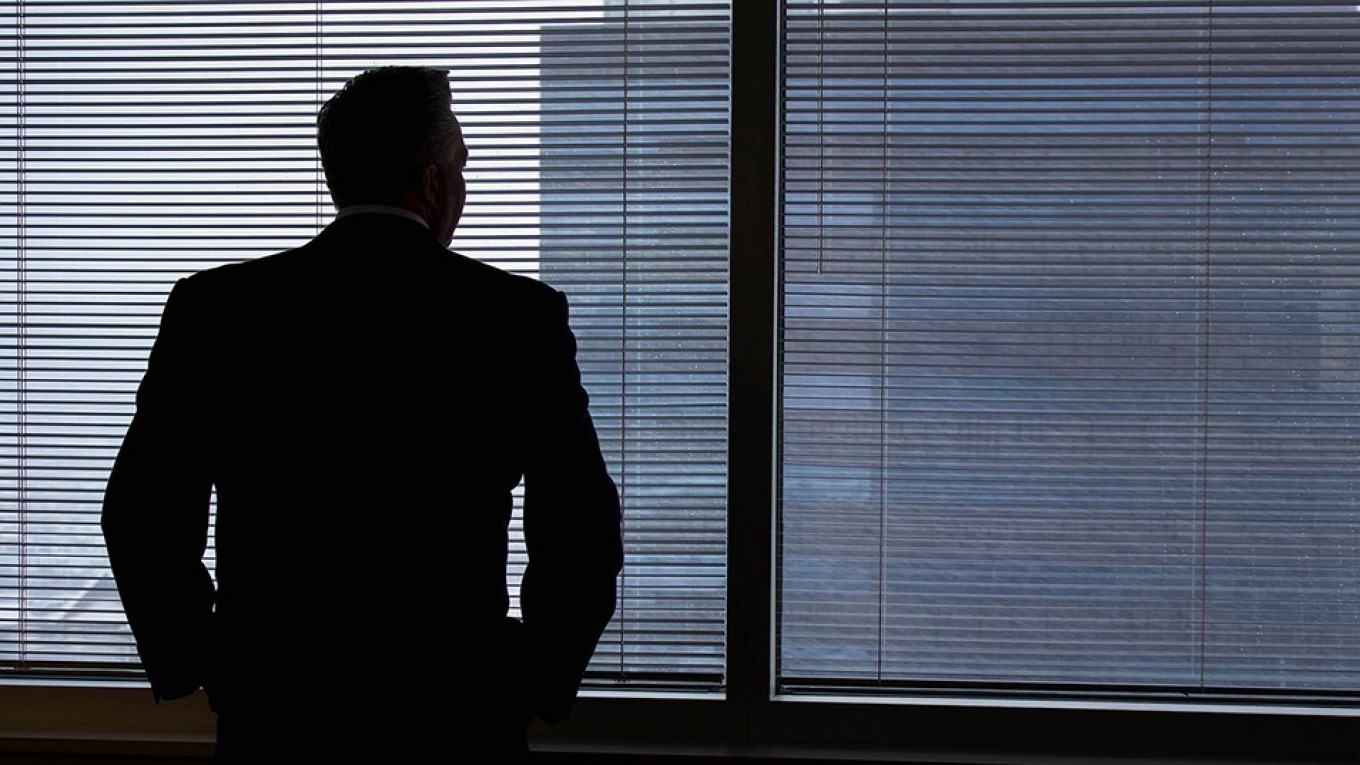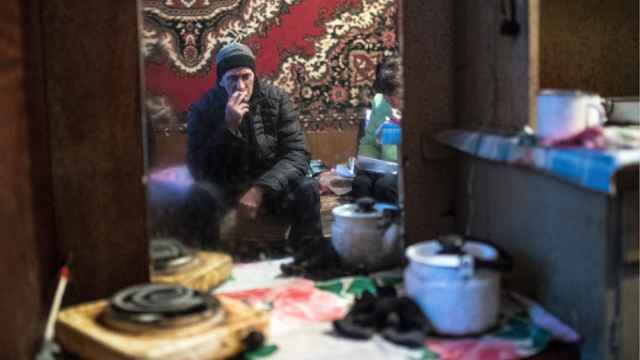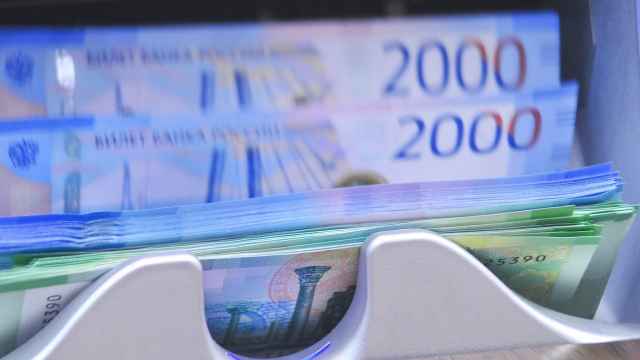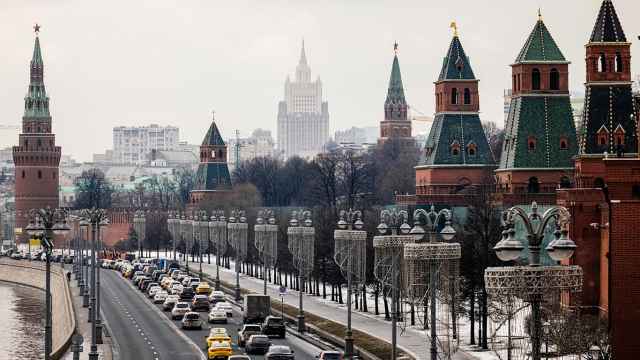Russia has climbed four spots to 31st in the World Bank’s latest Doing Business Report, missing out on a top-20 spot that President Vladimir Putin had set as a goal earlier this decade.
The annual Doing Business survey ranks 190 national economies based on 11 areas of business regulation. Russia has steadily risen in the overall “Doing Business” rankings over the years. After the country had ranked 120th in 2011, President Vladimir Putin signed a “100 steps” decree the following year that set the goal of reaching 20th place by 2018.
Russia’s new ranking places it ahead of many Western countries such as France and Italy, and just behind Spain. Last year, Russia ranked 35th overall, based on categories evaluating the ease of starting a business, registering property, getting loans, paying taxes and enforcing contracts.
Russia’s Minister for Economic Development Maxim Oreshkin said he was pleased with the new ranking despite missing Putin’s target.
“If we analyze the situation as a whole, we achieved our target. 31st place isn’t that far from 20th, especially if you take into account that we started from 124th,” Oreshkin told the Vedomosti business daily.
Russia's greatest progress over the past year was made in the “dealing with construction permits” section, where the country jumped 64 spots, rising to 48th place.
Some Russian experts have questioned the validity of the World Bank survey, saying that the rating only measures the ease of doing business in Moscow and St. Petersburg.
Natalia Zubarevich at the Independent Institute for Social Policy told Vedomosti that it would be wrong to broadly interpret the World Bank’s findings as Russia’s two largest cities have a better business climate relative to the rest of the country.
A Message from The Moscow Times:
Dear readers,
We are facing unprecedented challenges. Russia's Prosecutor General's Office has designated The Moscow Times as an "undesirable" organization, criminalizing our work and putting our staff at risk of prosecution. This follows our earlier unjust labeling as a "foreign agent."
These actions are direct attempts to silence independent journalism in Russia. The authorities claim our work "discredits the decisions of the Russian leadership." We see things differently: we strive to provide accurate, unbiased reporting on Russia.
We, the journalists of The Moscow Times, refuse to be silenced. But to continue our work, we need your help.
Your support, no matter how small, makes a world of difference. If you can, please support us monthly starting from just $2. It's quick to set up, and every contribution makes a significant impact.
By supporting The Moscow Times, you're defending open, independent journalism in the face of repression. Thank you for standing with us.
Remind me later.






